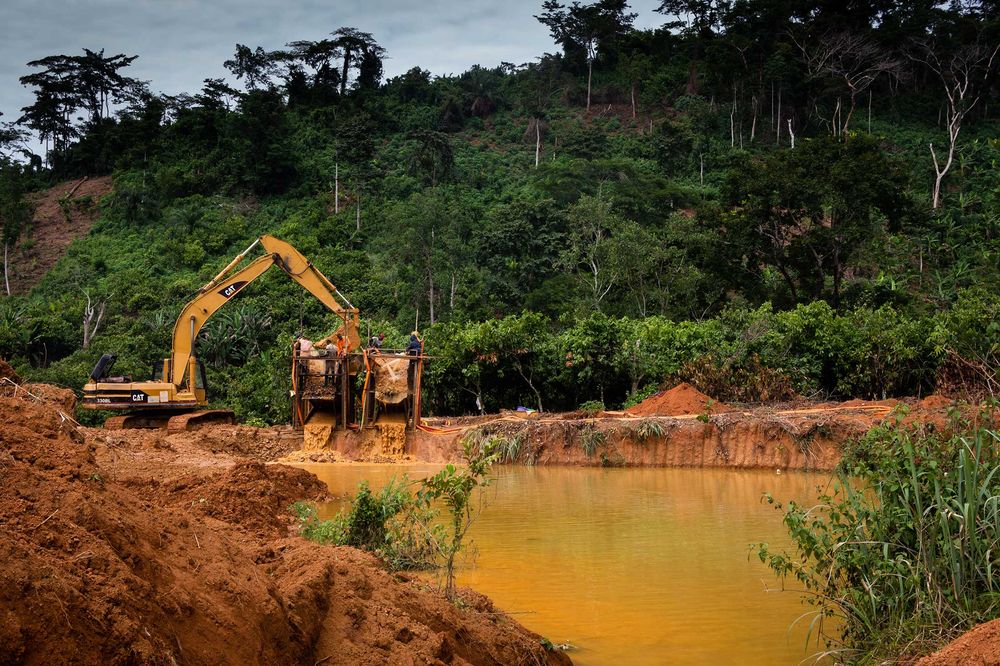By Molly Grace
Copyright euroweeklynews

Spain has endured its hottest summer on record, with soaring temperatures and extreme weather events wreaking havoc across the country, the State Meteorological Agency (AEMET) has confirmed.
The average temperature during the summer of 2025 reached 24.2°C, surpassing the previous record set in 2022 and sitting 2.1°C above the historical average for the period 1991–2020. AEMET described the summer as “exceptionally intense,” with prolonged heatwaves affecting the mainland, the Balearic Islands, and the Canary Islands.
Spain experienced three major heatwaves this summer. Two swept across the mainland and Balearic Islands, while a third hit the Canary Islands, resulting in 33 days of extreme heat. The August heatwave was particularly severe, with temperatures averaging 4.6°C above normal for 16 consecutive days, setting a record for intensity. Many regions recorded highs exceeding 45°C, with southern provinces such as Jerez de la Frontera and Moron de la Frontera among the hottest.
The prolonged heat combined with dry conditions to exacerbate Spain’s drought crisis. Widespread wildfires burned over 362,000 hectares of land, with the province of Ourense among the hardest hit. Farmers reported severe crop losses, while water shortages affected several municipalities, adding to public concern. The human cost of the record-breaking heat has been severe. Between May and July, the Carlos III Health Institute reported 1,180 heat-related deaths, a dramatic increase from 114 in the same period of 2024. The August heatwave added over 1,100 additional fatalities, bringing the total for the summer of 2025 to more than 2,200. Most deaths occurred among people aged 65 and older, emphasising the particular vulnerability of the elderly during prolonged periods of extreme heat. Health authorities warned that early recognition of heat stress and adequate hydration were crucial in preventing further fatalities.
The extreme summer has sparked renewed debate over climate change and the country’s preparedness for such events. Hospitals and emergency services were stretched to their limits, while government advisories repeatedly urged citizens to avoid outdoor activity during peak heat and ensure proper care for elderly or vulnerable relatives. In response to the alarming trends, the Spanish government has proposed a national climate emergency pact. Measures under discussion include the creation of a State Agency for Civil Protection and Emergencies, initiatives to improve territorial adaptation to heatwaves, and the allocation of funds to support wildfire recovery and public health interventions. The proposal is set to be debated in parliament, although some political allies have expressed scepticism about the scale of the measures.
Looking ahead, AEMET forecasts a warmer-than-average autumn with below-average rainfall expected across much of Spain. Experts warn that similar or even more extreme heat events could continue, placing further strain on infrastructure, agriculture, and public health. Spain’s record-breaking summer is a reminder of the escalating consequences of climate change. Authorities are calling for comprehensive public health measures, better emergency preparedness, and policies aimed at reducing greenhouse gas emissions to prevent even more severe summers in the future.



